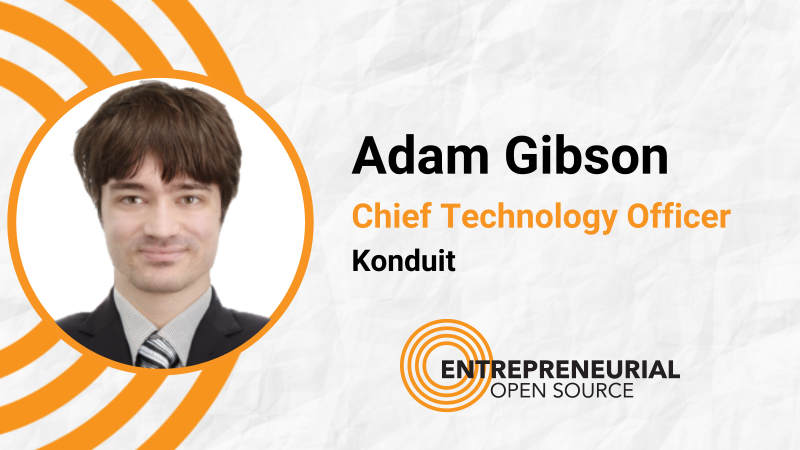This week, we’re wrapping up season 1 of the Entrepreneurial Open Source Podcast. Through seven episodes, we’ve gained new perspectives on how open source can be a key business enabler in several industries and how compa nies with various business models benefit from participating in open source communities.
nies with various business models benefit from participating in open source communities.
We hope you’ve enjoyed hearing from different influential voices in the global open source community as much as I have. Episode 7 also marks our last episode with my co-host Thabang Mashologu, who left the Eclipse Foundation last month to pursue a new opportunity.
To close out the season, Thabang and I spoke with Adam Gibson, CTO of Skymind and Founder of Konduit, a SaaS company focused on deep learning and AI. Konduit aims to drive AI adoption through supporting open source projects like Eclipse Deeplearning4j (DL4J), a project Adam leads.
Adam started working on Deeplearning4j, now the most widely-used open source machine learning library for the JVM (Java virtual machine), after coming to San Francisco for a Y Combinator startup event that featured speakers like Mark Zuckerberg and Jack Dorsey. Afterward, Adam stayed in town, renting a bed in a three-story warehouse and working in consulting while building Deeplearning4j on the side.
Adam explains that Skymind started as a company focused on open source deep learning, and eventually shifted to reinforcement learning. This led to Konduit splitting off and continuing their work on open source, deep learning infrastructure.
From there, finding the right business model was critical. Adam says that while many companies in open source try to replicate Red Hat’s model of charging for technical support for complex systems, this wasn’t the right approach for Konduit. Instead, they pursued a SaaS model, offering deep learning binaries that make it easier for customers to use their framework.
“DL4J is open source. People can use it, they can assemble it themselves, so we get user input. It enables us to understand what models people are building, enables us to understand how people are running in their different environments,” says Adam.
“And then we can offer the complimentary offering to make people's lives easier. That includes our existing Java user base.”
You can listen to the full episode on Apple Podcasts, Spotify or Google.
Visit our website to listen to every episode from this season, and follow the podcast on Twitter at @OSS4Biz for updates on what’s next.
Thanks for listening!
